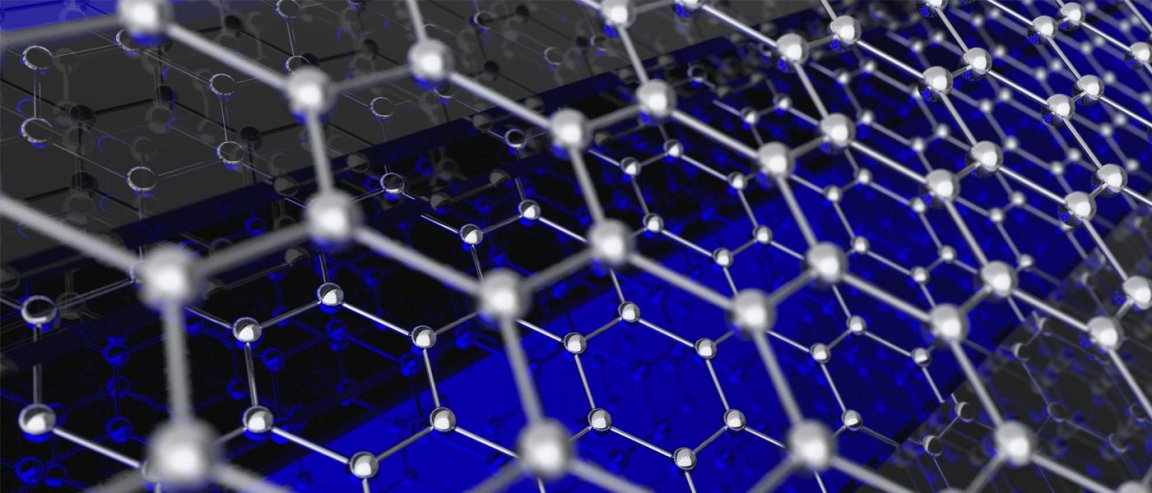
POWERING The Future
The Spanish company Graphenano has introduced a graphene polymer battery that could allow electric vehicles to have a maximum range of a staggering 800 kilometers (497 miles). The battery can also be charged in just a few minutes.
And it could do more than revolutionize electric cars.
The company notes that the battery is designed for a number of uses, and could be put in houses, bicycles, drones, and even pacemakers. Dubbed Grabat, the batteries will be manufactured in Yecla, Spain and will have an energy density of 1,000 Wh/kg (for comparison, lithium batteries generally have a energy density of 180 Wh/kg). Grabat will also have a voltage of 2.3 V.
If that’s not enough, the battery could discharge and charge faster than a standard lithium ion battery (almost 33 times that of lithium). It also does not exhibit memory effect, a phenomenon in which charging a battery multiple times lowers its maximum energy potential.
Best of all, independent analyses by TÜV and Dekra have demonstrated that the batteries are safe and are not prone to explosions like lithium batteries, and tests conducted by the company have shown that, after being short-circuited, the battery is able to return to work with 60% of the load.
GOING THE EXTRA MILE

If you haven’t heard of this wonder material, graphene is a nanomaterial that is just one atom thick. It is amazingly hard, yet flexible and elastic. It has long been known that graphene has very high thermal and electrical conductivity. It’s also light and produces electricity after being hit by light.
The company expects to have prototypes as early as mid-2016, with commercial batteries being produced by the end of the year.
They project that, by 2019, they will have made a turnover of 3,000-4,000 million euros. If Grabat does become a success, and powers the next Tesla, reaching that figure doesn’t seem so far-fetched.